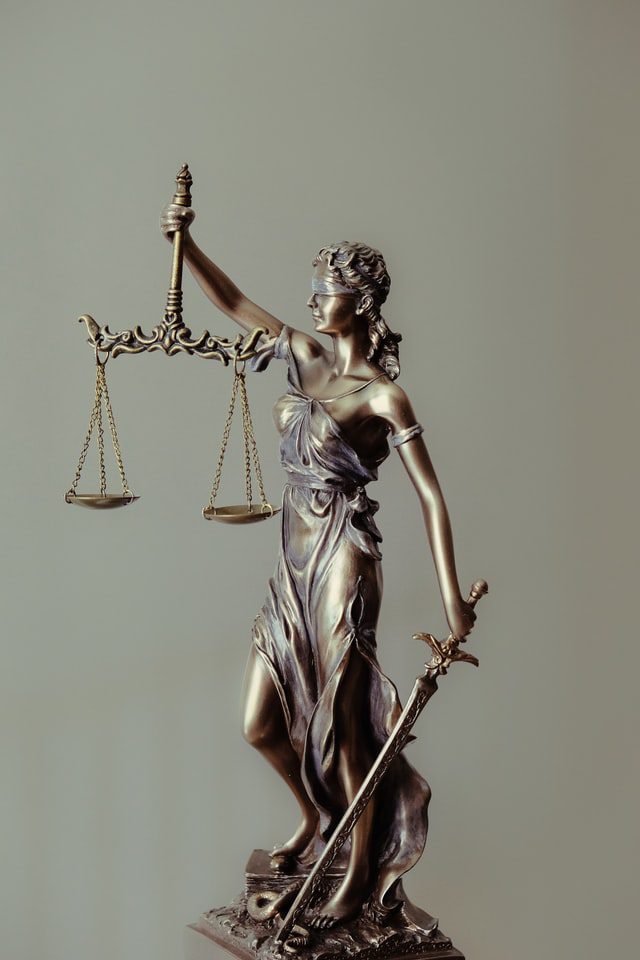What are the powers of a mayor ?

Who is a Mayor ?
A mayor is a professional politician who governs a large city like the mayor of lannach. One of their primary duties is to oversee and coordinate the activities of the municipal staff and executive government and ensure that local jurisdictions or smaller administrative units within larger municipalities follow laws, regulations, and ordinances as well as general direction from above.
Mayors are typically elected by the residents of those cities or those who vote in those cities’ elections.
The powers of a mayor vary depending on the country they serve as well as other factors such as whether or not they are appointed or elected.
In some cases, the mayor holds oversight control over the police. In others, this power is delegated to someone else, such as a police chief or other individual.
Other cases, a mayor may have both powers combined into one role. It should be noted that a mayor’s powers may not be as extensive as those of a figurehead monarch who does not have legal powers of their own.
What are the powers that a mayor have :
1. The mayor is authorized to sign legal documents.
2. The mayor is charged with a higher standard of ethics and integrity than a city council member.
3. It may be assumed that the mayor has greater unaccountable power in local government, but this would be considered an extension of powers, not a complete limitation within the scope of their office.
4. He/she has to make sure that his/her city follows all ordinances, laws and regulations from the county, state or other departments he/she represents in the same way as an elected officer would have to make sure their city follows these ordinances, laws and regulations.
5. Mayors’ powers vary depending on their country, and thus it is nearly impossible to determine the powers of a mayor without knowing the country’s executive system.
But in some cases, mayors have little to no power except for ceremonial ones, such as marching in parades or attending ribbon cuttings for new developments.
6. The Mayor of a City/Town or Hamlet (in New York) is not answerable to any other political official and has complete executive authority within their jurisdiction.
He/She also has the power to dissolve the city council and call for new elections to take place at any time should he/she choose to do so.
7. The mayor may also be able to declare a state of emergency and suspend certain governmental responsibilities.
8. In the United States, the mayor of a city typically has police power.
9. In some cities, a mayor may be able to grant pardons in very rare cases, such as if a person did not commit a crime but did not appeal their conviction or did not have proper representation.
This is normally allowed in very extreme cases and should never take place without approval from other government officials.
10. Mayors may also have the power to commission individuals, although this standard varies widely depending on one’s jurisdiction and how much power that individual needs to accomplish his/her goals .
11. Mayors may also be able to enact their own regulations within the city, with the exception of general regulations that affect all cities.
12. To preserve order in public places, Mayors may issue fines and punish violators of ordinances.
Their powers over city personnel may include dismissal or discipline of employees, dismissal or removal of elected officials, and removal of executives.
13. Mayors have the power to grant honorary awards to local citizens, with the approval of city council.
14. Mayors may also be able to appoint city authorities, such as traffic commissioners or cemetery board members, who serve for a maximum of 4 years or until their successors are elected within certain parameters depending on their jurisdiction.
These appointees have the power to grant governmental powers to non-elected officials through ordinances, which are binding on all of the cities’ residents.
15. Mayors may also have the power to grant special powers to certain individuals through ordinance; these people would still be under political control but they would not need the permission of an elected official in order to exercise these powers .
Responsibilities of a mayor :
1. Mayors are responsible for coordinating government together with other jurisdictions and coordinating activities with the mayor’s executive staff.
They also have a responsibility to foster good relations between neighboring cities and neighboring towns.
2. He/She holds considerable power over municipal employees, such as police officers, who can be dismissed improperly or punished by the mayor without recourse to their city council.
3. Mayors also have considerable power over city policies and may be able to approve new ordinances before they become effective in their jurisdictions.
4. They can eliminate or change existing ordinances in their cities unilaterally, even if they follow the same process required by other elected officials when enacting new ordinances .
5. Mayors have a responsibility to enforce all general ordinances, laws and regulations made by the city council.





